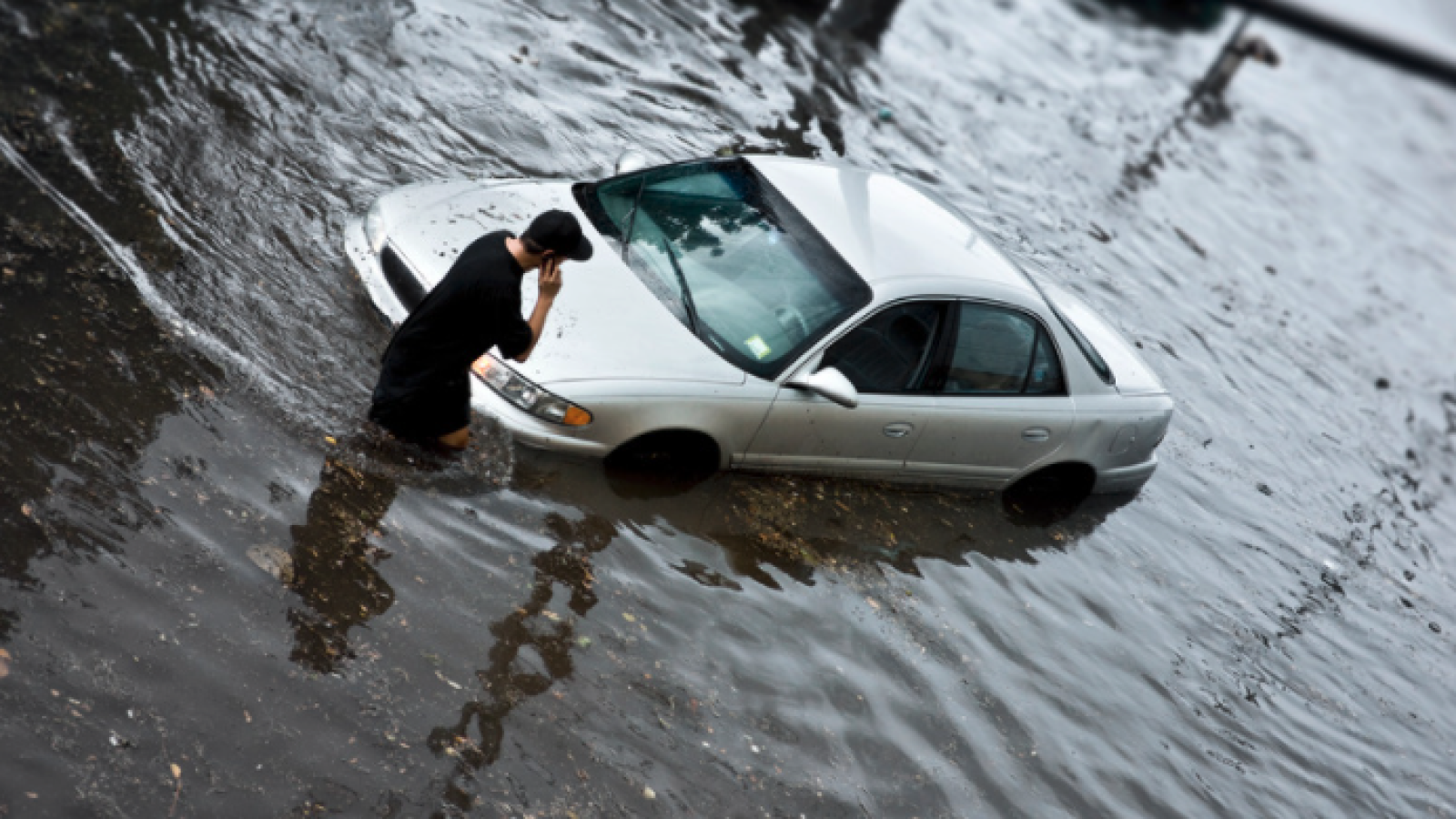On March 2nd, the Insurance Council of Australia (ICA) stated that insurers received 48,220 claims related to the flooding in South-East Queensland and the New South Wales coast.
This was a 53 percent increase from the previous day’s claims count, and further demonstrated the significant impact from this event.
37,807 of the claims were from Queensland, with the remainder from New South Wales. The New South Wales figures are expected to increase, as more policyholders return to their homes and businesses.
Eight-four percent of the total claims relate to property, with the rest being motor vehicle claims. Insurers do not currently have an estimate of claims costs.
The personal hardship assistance has been extended to more flood-affected individuals and families, as flooding continues to affect people across South-East Queensland.
Grants are available through the jointly funded Commonwealth-State Disaster Recovery Funding Arrangements (DRFA) for eligible flood-affected residents in Ipswich, Lockyer Valley, Moreton Bay and Somerset. The personal hardship grants have also been extended to the entire Local Government Area of Gympie Regional Council, Fraser Coast and Sunshine Coast.
The Federal Minister for Emergency Management and National Recovery and Resilience Senator the Hon Bridget McKenzie said that if eligible, the DRFA assistance would provide grants of up to a maximum of $900 for a family of five or more, or $180 per person.
“These payments are designed to cover essential items such as food and clothing for people who are doing it tough as a result of the floods, in addition to the reconnection of essential services once it’s safe to return home.”
“Areas affected by flooding in Brisbane and Logan are currently being assessed for the provision of personal hardship financial assistance and those assessments are being progressed as a matter of priority.”
“Brokers are contacting their clients in affected areas and are offering their assistance,” said NIBA CEO Philip Kewin.
“The Australian and Queensland governments continue to work closely to support ongoing recovery efforts and identify where further assistance is required to ensure all flooded communities have the assistance they need to get back on their feet.”
You can find more information on Personal Hardship Assistance and Essential Services Hardship Assistance here, or contact the Community Recovery Hotline 1800 173 349.
Credit:


Add a Comment